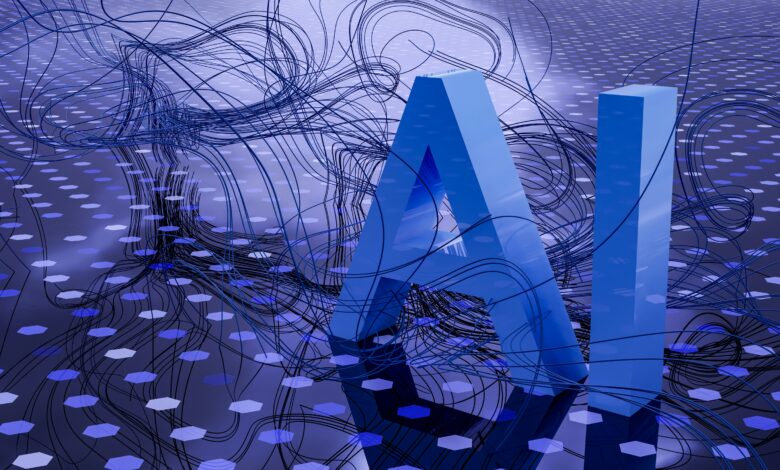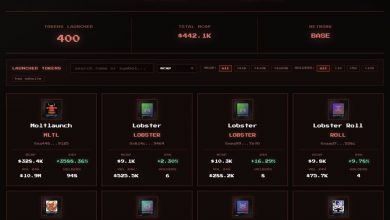
Not long ago, AI in sales was considered a helpful add-on, automating inboxes, cleaning CRMs, and scheduling meetings. Useful, yes, but still reactive.
Today, that version of AI is already outdated. A new era has emerged in which AI is no longer a silent assistant, but an active, strategic player in driving AI sales productivity.
For European startups and scaleups, where lean teams and tight cycles are the norm, this evolution isn’t just timely, it’s transformational.
The Rise of Proactive AI in Sales
AI has shifted from back-office automation to frontline decision-making. It’s no longer just supporting sales teams; it’s steering them.
We’re seeing AI generate messaging based on behavioural cues, identify high-intent leads before a human spots them, and flag risks before a deal goes cold. In short, it’s acting, not waiting.
This shift from reactive tool to proactive agent is subtle, but powerful. Proactive AI doesn’t sit quietly in the background, it guides strategy, prompts action, and embeds itself as a critical layer in the sales engine. This concept, known as “Agentic AI,” is gaining momentum for its ability to execute autonomously and boost agility (TechRadar, 2025).
Redefining Productivity with Precision
For years, sales productivity was measured by volume; more calls, more emails, more pipeline, but that model is cracking under pressure.
Startups can’t afford spray-and-pray outreach or bloated tech stacks. Today, productivity means doing the right things faster, and AI sales productivity tools make that possible.
For example, AI-powered lead prioritisation can analyse engagement history, web behaviour, and intent signals to highlight prospects most likely to convert, and even the best moment to reach out (McKinsey, 2025). Many companies are now using AI to make faster, more informed sales and marketing decisions, from targeting to timing (Harvard Business Review, 2025).
AI also supports deal intelligence by spotting early warning signs, from declining engagement to stalled CRM updates, well before quarter-end. On live calls, real-time coaching features can suggest objection-handling strategies or relevant content, then provide post-call insights to feed continuous improvement (Bain & Company, 2023).
AI Levels the Playing Field for Scaleups
A persistent myth in European tech is that only enterprise-sized teams can benefit from AI, but that’s simply no longer true.
The democratisation of AI means lean, high-growth teams can now access capabilities once reserved for six-figure budgets. A five-person startup can run outbound campaigns with the sophistication of a 50-rep department, scaling personalisation, prioritising pipelines, and sharpening outreach without adding extra headcount.
This is particularly valuable in Europe’s fragmented market, where selling across multiple languages and regions is common. AI bridges these gaps by standardising intelligence across customer behaviours, cultural nuances, and market signals (Harvard Business Review, 2025). Data shows almost two-thirds of revenue leaders in UK and EU B2B teams see ROI from AI within the first year (ITPro, 2025).
Human and Machine = A Strategic Partnership
AI doesn’t replace human instinct, it enhances it. It handles the “what” and the “when,” but the “how” remains firmly in the hands of sales professionals.
In B2B environments, especially in Europe, where trust and relationships are critical, the human element is non-negotiable. What AI offers is sharper context, better timing, and richer insight to elevate those human interactions.
Sales managers are using AI-informed data to refine coaching, track win rates with precision, and develop talent more effectively. The most successful teams are not the ones who automate everything, but those who integrate AI sales productivity tools as true thinking partners.
The future of sales won’t be defined by the size of a company’s tech stack, but by how seamlessly AI and human expertise work together – enabling sales teams to work smarter, faster, and with greater clarity.




